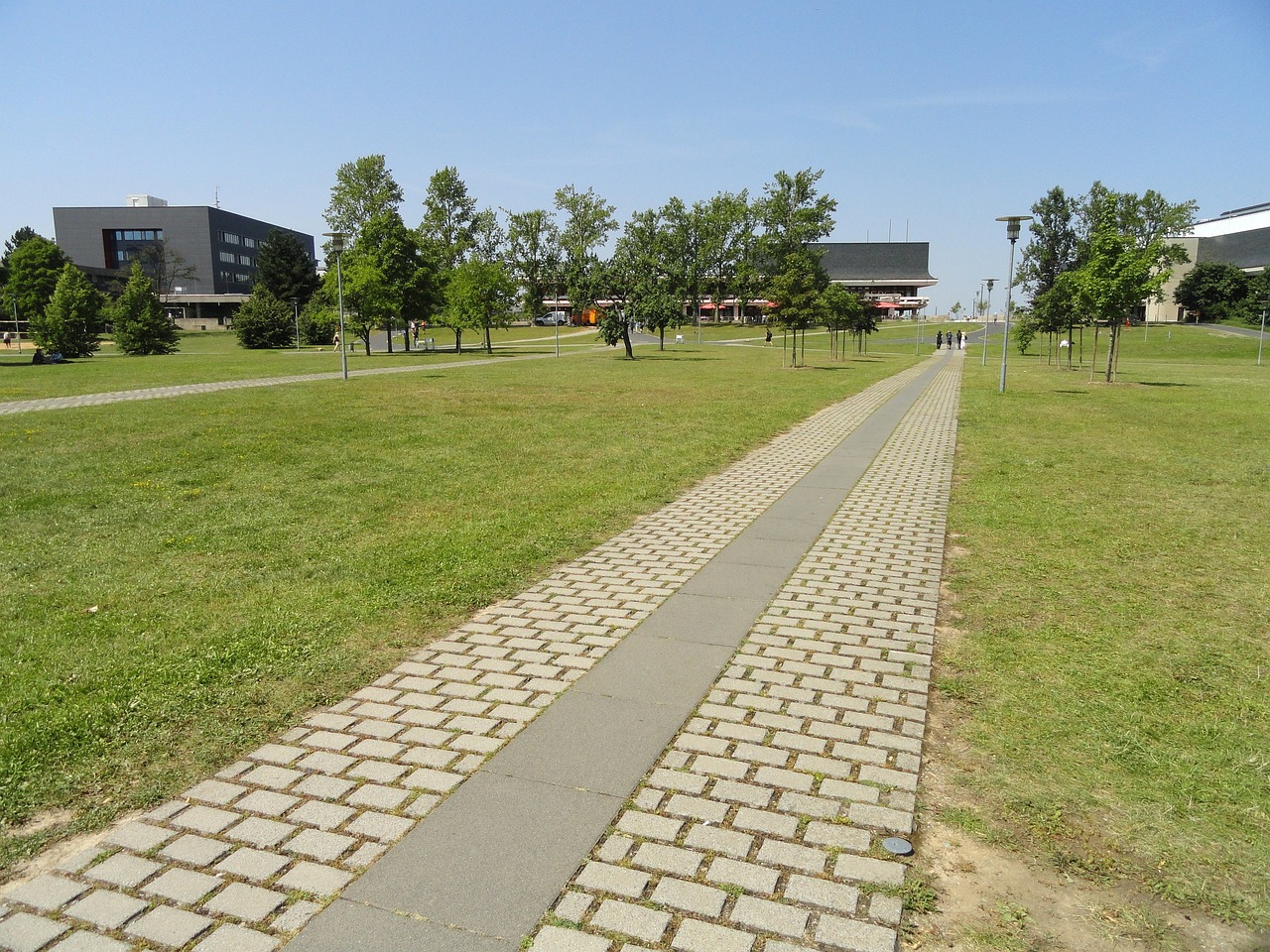Promoting Intergenerational Empowerment in Schools
Intergenerational connections play a crucial role in education by fostering a diverse learning environment. When students interact with individuals from different generations, they are exposed to a wide array of perspectives, experiences, and knowledge. This exposure not only enriches their learning experience but also helps them develop empathy, respect, and understanding for people of all ages.
Furthermore, intergenerational connections in education help bridge the gap between theory and real-world applications. Older generations can provide valuable insights and practical wisdom that complement the academic teachings students receive in the classroom. This collaboration between generations creates a dynamic educational landscape where students can gain a holistic understanding of concepts and learn how to apply them in various contexts.
Understanding Different Generational Perspectives in Schools
The dynamics within school settings are greatly influenced by the diverse generational perspectives that educators, students, and parents bring to the table. Each generation holds its own set of values, beliefs, and communication styles, which can sometimes lead to misunderstandings or misinterpretations. For instance, older generations may emphasize traditional teaching methods and respect for authority, while younger generations might prefer more interactive and technology-driven approaches to learning.
These varying viewpoints can sometimes create challenges in school environments, such as differences in expectations, communication barriers, or conflicts in decision-making processes. However, acknowledging and understanding these diverse generational perspectives within schools is crucial for promoting effective communication, collaboration, and mutual respect among all stakeholders. By recognizing the unique strengths and contributions that each generation brings, schools can foster a more inclusive and harmonious educational environment that benefits everyone involved.
• One of the key challenges in school environments is differences in expectations among different generations
• Communication barriers can arise due to varying communication styles between generations
• Conflicts in decision-making processes may occur as a result of differing values and beliefs
• Understanding diverse generational perspectives is crucial for promoting effective communication, collaboration, and mutual respect within schools
• Recognizing the unique strengths and contributions that each generation brings can foster a more inclusive and harmonious educational environment
Creating Opportunities for Mentorship and Learning Across Generations
In the realm of education, bridging the gap between different generations can foster a rich environment for mentorship and learning. By creating opportunities for older individuals to share their wisdom and experiences with younger generations, a deep sense of connection and understanding can be nurtured. This exchange of knowledge not only benefits the younger learners in gaining valuable insights, but also allows the mentors to feel a sense of purpose and fulfillment in passing on their legacy.
Furthermore, intergenerational mentorship can help break down barriers and stereotypes that may exist between different age groups. By engaging in meaningful conversations and collaborative learning experiences, both mentors and learners can gain a broader perspective of the world around them. This mutual exchange of ideas and experiences contributes to a more inclusive and supportive educational community where individuals from all generations feel valued and respected.
Why are intergenerational connections important in education?
Intergenerational connections in education provide opportunities for knowledge sharing, mentorship, and a broader perspective on issues. It helps students understand different viewpoints and approaches to problem-solving.
How can understanding different generational perspectives benefit schools?
Understanding different generational perspectives can lead to more effective communication, collaboration, and conflict resolution within schools. It can also help create a more inclusive and diverse learning environment.
What are some ways to create opportunities for mentorship and learning across generations?
Some ways to create opportunities for mentorship and learning across generations include establishing mentorship programs, hosting intergenerational events or workshops, and encouraging collaboration between students, teachers, and community members of different age groups.







